All for farmers, but they - for themselves
Adelina Marini, October 21, 2010
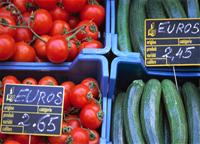 Entirely in the spirit of his performance in the European Parliament in the beginning of the year, the EU Agriculture Commissioner Dacian Ciolos succeeds in demonstrating a strong will to balance two incompatible things - reforms and status quo. This can be clearly seen from the draft Communication about the plans for reforming the Common Agriculture Policy (CAP), which has leaked several days ago. As Mr Ciolos promised, the official document has to be published this autumn. The document that has appeared now, is nothing more than a patchwork of old ideas, sewed by new threads.
Entirely in the spirit of his performance in the European Parliament in the beginning of the year, the EU Agriculture Commissioner Dacian Ciolos succeeds in demonstrating a strong will to balance two incompatible things - reforms and status quo. This can be clearly seen from the draft Communication about the plans for reforming the Common Agriculture Policy (CAP), which has leaked several days ago. As Mr Ciolos promised, the official document has to be published this autumn. The document that has appeared now, is nothing more than a patchwork of old ideas, sewed by new threads.
According to the leaked document the two main pillars of CAP remain - direct payments and the development of rural areas. There is an attempt to remove the measures that overlap in both pillars. Although concrete numbers or shares are not quoted, what strikes is the concentration on direct payments as a major stimuli for farmers' income. The wish of a compromise can also be felt between the insistence of the new Member States direct payments' rate to be equalled to that of the old members. The document also proposes the introduction of a flat rate which, however, will in no way result in drastic increase of the subsidies for the new members, nor will it reduce significantly those of the old members.
Let's satisfy everyone
It is obvious that the Commissioner has attempted to satisfy the wishes of everyone. As the main objective of the future proposal would be to guarantee food security, the expected reform should focus on redistribution, redesign and better targeting of support. Regarding the insistence for the introduction of a flat rate on direct payments, it is written that "the use of a single, flat rate direct payment was one of the proposals floated in the public debate. However, agricultural producers face very different economic and natural conditions across the EU which advocates for an equitable distribution of direct aids".
The compromise is laid in the next sentence, which says that "the fundamental question is how to reach a more equitable distribution that reflects, in a pragmatic, economically and politically feasible manner, the declared objectives of this support, while providing a sufficient transaction to avoid major disruptive changes which could have far reaching economic consequences in some regions and/or production systems".
This is why the proposal for a reform is based on the following principles as the 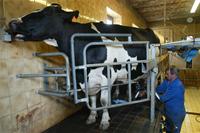 concept of the European Parliament is also taken into account:
concept of the European Parliament is also taken into account:
- basic income support through granting of a basic decoupled direct payment, providing a uniform level of obligatory support to all farmers in a Member State;
- an upper ceiling for direct payments received by large individual farms (capping) should be introduced to improve the distribution of payments between farmers;
- support for the regions with specific natural constraints in order to avoid depopulation;
- support for active farmers only in response to the criticism of the European Court of Auditors.
With regard to the market measures, the removal of milk quotas will take place in 2015 and the current regime in the sugar sector will expire in 2014/2015. In addition a toolkit will be created for risk management, the aim of which would be to compensate more effectively income uncertainty and market volatility that prevent the agriculture sector from investing in competitiveness.
The entire document is based on the fear of production reduction, farmers' incomes, the number of farmers in the most vulnerable sectors and regions, as well as abandoning of land. This fear is based also on the philosophy that "agriculture is an integral part of the European economy and society. In terms of indirect effects, any significant cut back in European farming activity would in turn generate losses in GDP and jobs in other economic sectors, rural activities like tourism, transport, local and public services would also be affected".
These fears, however, are not supported by any statistics or an analysis. The same criticism voiced Jorge Nunez Ferrer from the Centre for European Policy Studies and an expert on CAP. For the website capreform he writes that the arguments in the document are old, highly questionable and could as well be mobilised in the defence of the status quo. Using food security as a fundamental reason for farm income support is worrying and self-serving, Mr Ferrer writes on.
"As usual, the document pays lip service to the massive income discrepancies within the agricultural sector which cannot be handled in any efficient way by direct payments per hectare. Again we are supposed to swallow the idea that incomes are low right across the farm sector – a myth has been proven wrong repeatedly by the OECD and a number of other studies. Household incomes of farms are often well above those of non farming households. Considering that the principal objective of the CAP is to maintain farm household incomes, it is staggering that Eurostat does not even try to measure them", Jorge Nunez Ferrer writes.
In conclusion he notes that in the context of the current financial crisis and the enormous pressures on public finances, the leaked draft fails to make a convincing case for why agriculture needs to be so heavily supported. On the contrary, the document implies that at a time when everybody else must tighten their belts the CAP is entitled to more financing. "In a nutshell, it is clearly unrealistic to keep a basic payment for all (even if flattened), introduce a strong new green payment, and at the same time to redistribute money and hold out against co-financing and a reduction in the budget", the expert summarises.
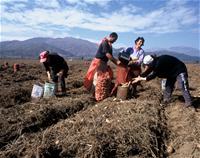 As the leaked document is a Communication of the Commission (i.e. this is the first stage of the entire legislative process), it needs to be discussed in the Council, the European Parliament, the Committee of Regions and the European Economic and Social Committee. After the communication process is over, the Commission hopes to come up with legislative proposals in 2011. But we can even now suppose that these legislative proposals will keep the status quo and will not give at least an impetus of the so necessary reform of the CAP.
As the leaked document is a Communication of the Commission (i.e. this is the first stage of the entire legislative process), it needs to be discussed in the Council, the European Parliament, the Committee of Regions and the European Economic and Social Committee. After the communication process is over, the Commission hopes to come up with legislative proposals in 2011. But we can even now suppose that these legislative proposals will keep the status quo and will not give at least an impetus of the so necessary reform of the CAP.
And all this against the backdrop of the very aggressively stated intentions for a reform - in the beginning of the year Commissioner Ciolos launched a public debate for which a special website was created and the results of which were discussed at a big conference in Brussels in July. Mr Ciolos's promise was all proposals that were made during the debate to be taken into account in the Communication. Part of the proposed ideas was the appointment of an agriculture ombudsman, restricting the middlemen, stimulating young farmers (given the huge share of farmers that are in pension or pre-pension age). There was also an insistence for a bigger commitment of farmers to the environment and for orientation of production to climate change.
Environment and climate change are mentioned in the leaked document but they are more or less in the context of voluntary will of farmers. It is expected the official document to be published in November. Then we will see whether the sharp criticism the draft is drawing now, will be reflected in the final version.
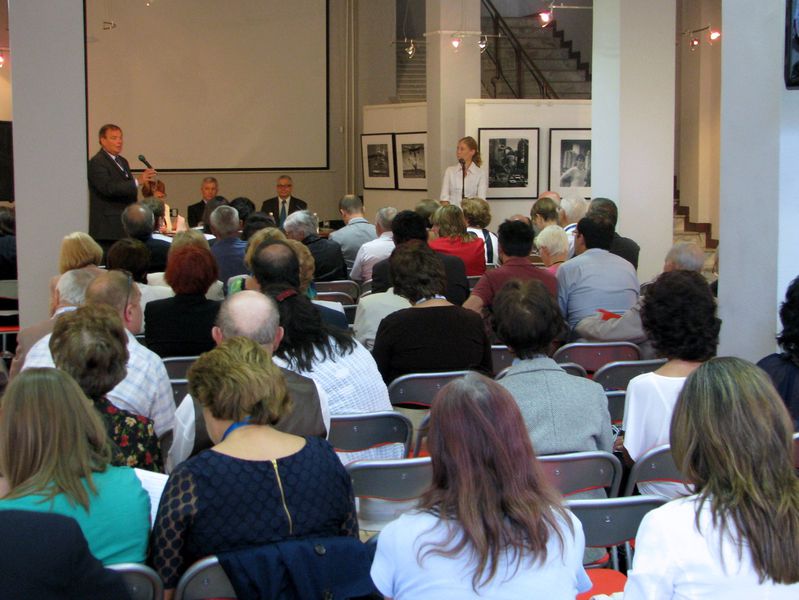 | © Polish Embassy in Sofia
| © Polish Embassy in Sofia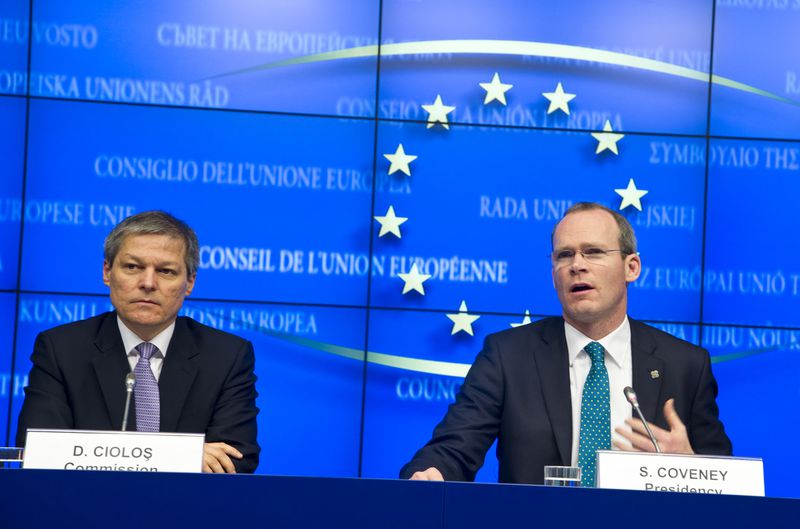 | © Council of the EU
| © Council of the EU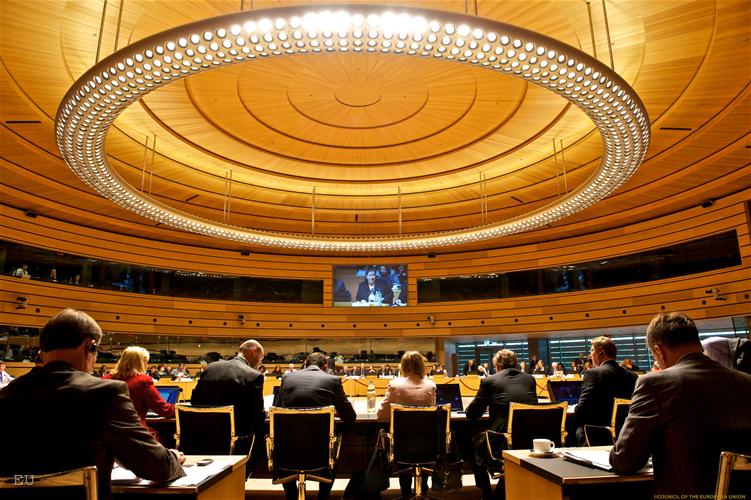 | © EU
| © EU